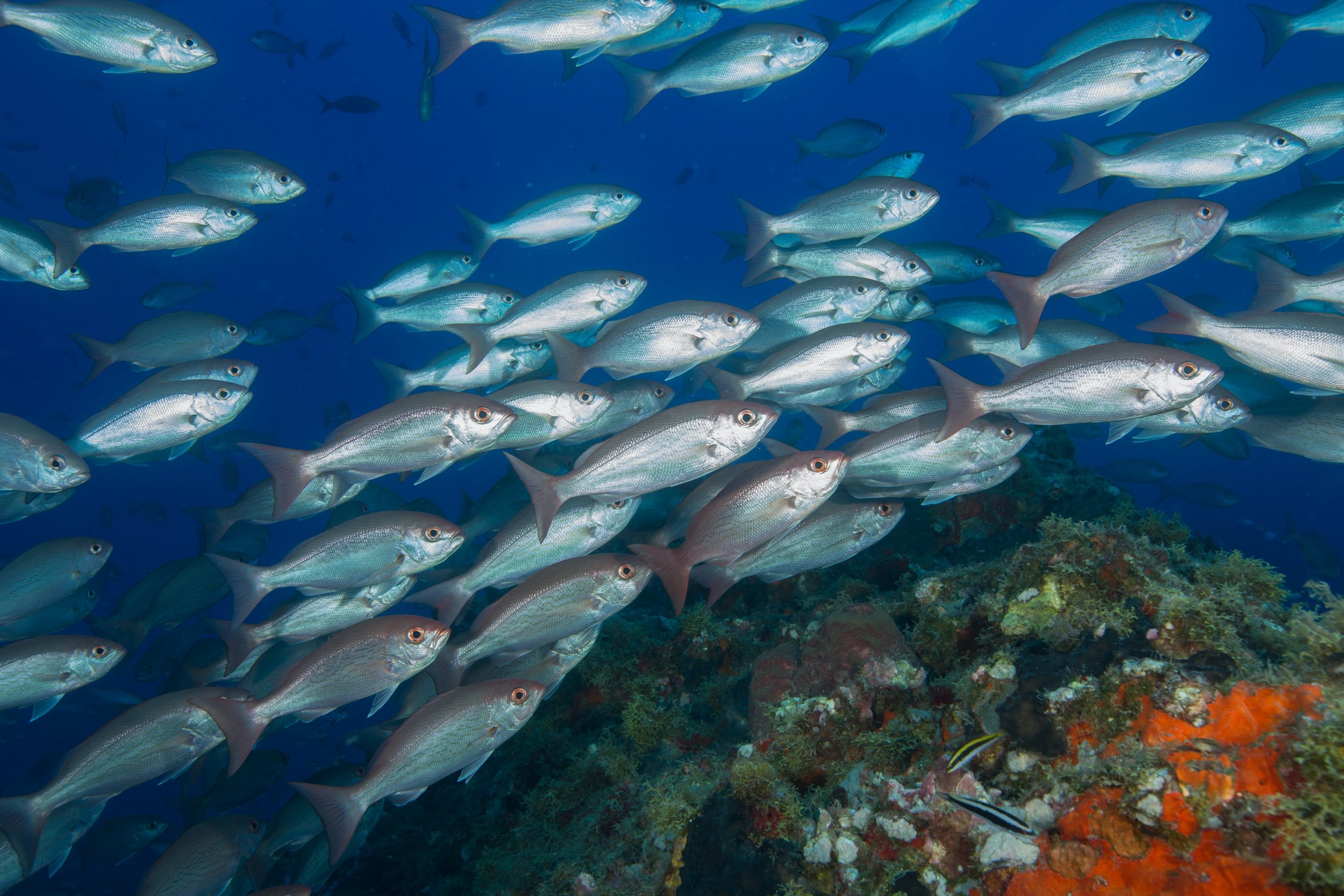
Urgency missing from on-board camera rollout for commercial fishing
Aotearoa is suffering a serious marine biodiversity crisis. Considering this, it is surprising that Fisheries NZ does not mention the word biodiversity once in its plan to implement camera technologies on its inshore commercial fishing fleet. In ELI’s view, the proposal lacks the urgency and context of the crisis the rollout is designed to address. Read our submission to FNZ here.

Leveraging wetlands in NZ’s climate change response
Our submission to MfE on why we must prioritise the restoration and conservation of wetlands and peatlands into our emissions reductions approach.

Living up to our international fisheries obligations: our submission to FNZ
With an EEZ that occupies a relatively generous share of the world’s oceans, New Zealand lags behind other countries in its adoption of international standards and norms. This consultation provides the perfect opportunity for New Zealand to do a stock take against international developments in fishing over the past 25 years, redress the current inadequacies in the Fisheries Act (we have suggested two), and fully implement the international obligations we have signed up to on the world stage.

Our submission on the EPA’s reassessment of organophosphates (OPs)
These OPs are the main components of widely used insecticides, pesticides and herbicides in NZ. They have been banned in numerous jurisdictions including the EU and US, due to evidence of significant adverse environments on people and the environment. However, there is an almost complete lack of evidence on the effects of these OPs on NZ’s environment, indigenous taxa and habitats. There is also a lack of evidence on the benefits and economic costs of continuing/discontinuing their use. In ELI’s view, this evidence is crucial to undertaking an informed reassessment. Without it, the EPA should follow the HSNO Act and apply a precautionary approach to its regulation of these hazardous substances.

Managing our Wetlands - Our Submission to MfE
Wetlands are one of New Zealand’s most ecologically valuable, and highly threatened, ecosystems. Since European settlement, more than 90% of our wetlands have been lost to urban or agricultural development. Protecting the few wetlands that we have left is of paramount importance for Aotearoa’s climate resilience, biodiversity, human health and community wellbeing. Read our submission to MfE on their recent proposals to shift wetland regulations, making it easier for industries to destroy wetlands.

Our submission on the HSNO (Hazardous Substances Assessments) Amendment Bill
New Zealand lags behind other OECD nations in its regulation of hazardous substances. Many chemicals banned overseas continue to be used daily in NZ. ELI therefore supports the aim and purpose of the HSNO Amendment Bill. Any improvements to the hazardous substances regulatory regime are to be welcomed.

Our submission on the Freshwater Farm Plan Regulations
ELI has lodged a submission on the Freshwater farm plan regulations proposals. Our key concern is that the Government’s proposed Freshwater Farm Planning system is putting the cart before the horse, and in doing so risks the integrity of both our immediate and longer term limits set to protect and restore our freshwater.

Glyphosate use in NZ
Read our submission on the EPA's call for information on Glyphosate use in NZ - the active ingredient in approximately 90 herbicidal products.

If we are serious about ‘environmental limits’ then they need to be limiting
Why the NBEB must be redrafted to ensure a pivotal role for independent science.

Following the Aichi failures, how will the world meet its biodiversity targets?
Biodiversity underpins the wellbeing of all life on Earth. Following the failed Aichi targets of 2010, how can we ensure that the targets set out in the Post-2020 Global Biodiversity Framework are stronger and more effective?

Climate change is everybody’s business
Biodiverse ecosystems are, quite literally, lifesaving. Here's why we cannot separate ourselves, nor our financial markets, from this fragile equation.

Understanding Wetland Loss in NZ
Read a study exploring the key reasons for ongoing wetland loss in NZ.
